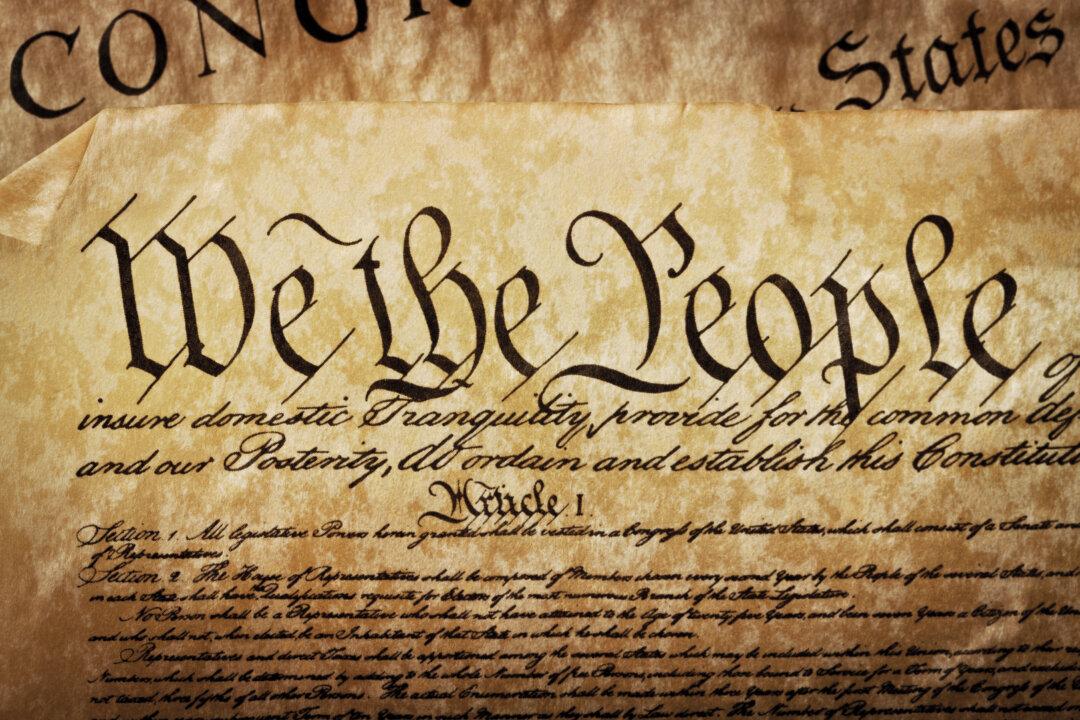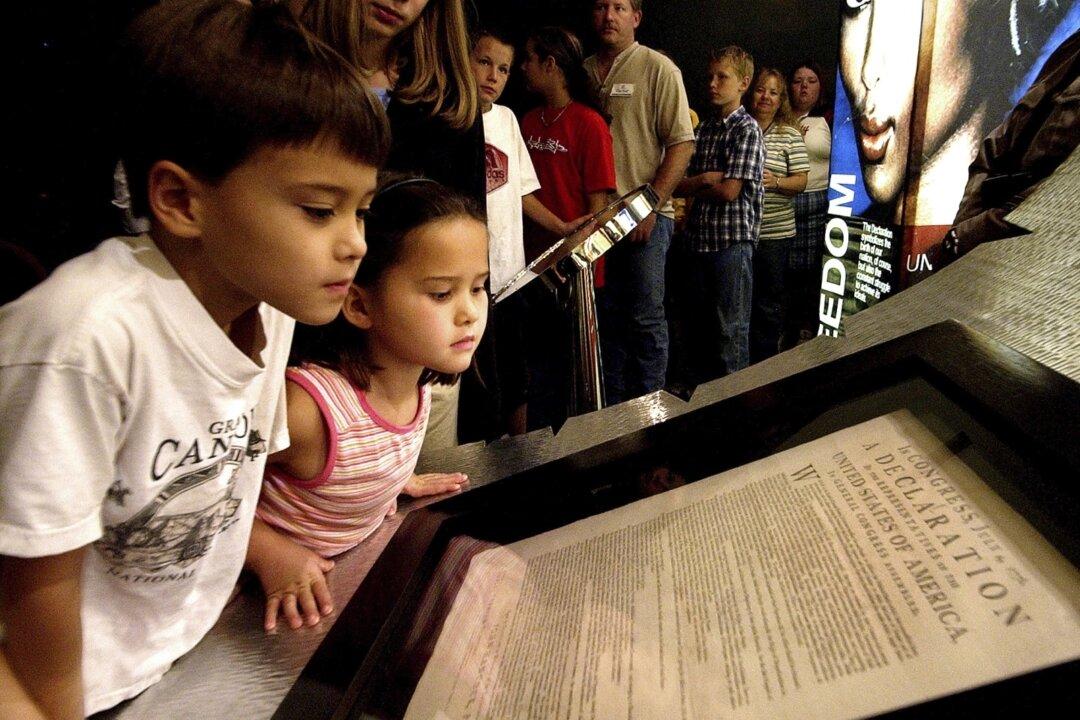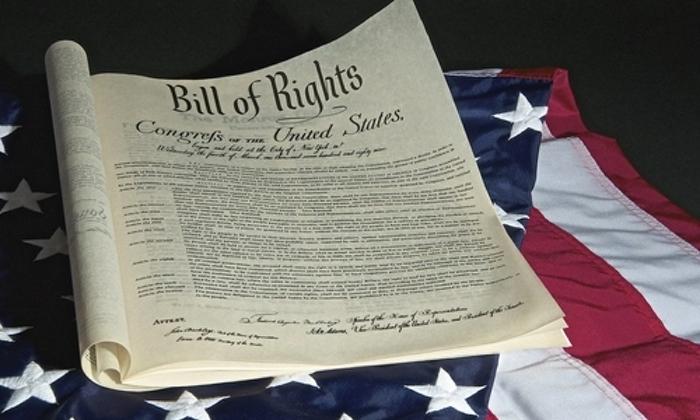Commentary
As Constitution Day falls on Sept. 17, we are in the midst of an historically divisive election season. The gaps between Republicans and Democrats, liberals and conservatives, have never seemed wider—and many Americans even feel alienated from the choices they face in the voting booth. But this Constitution Day, we have an opportunity to rediscover the genius and promise of our founding document that could be the key to our future as a diverse, complicated, and self-governing republic.





